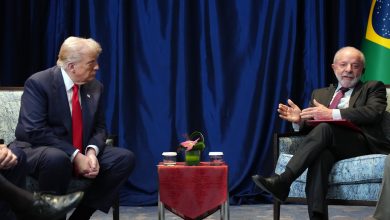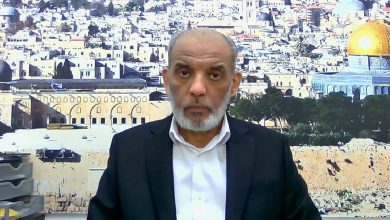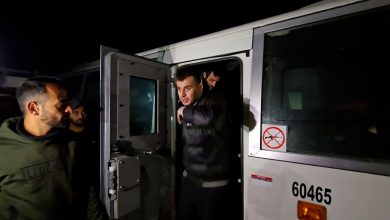Israeli Prime Minister Benjamin Netanyahu has reaffirmed his commitment to aggressively target Gaza, emphasizing that the military operations will proceed “with full force.”Netanyahu’s Aggression Against Gaza.
This declaration came even as a brief ceasefire was in effect, underscoring the Israeli government’s unwavering stance. Netanyahu’s statement, “The war is continuing,” highlights the grim reality of the ongoing conflict.
In a chilling reflection of Israel’s strategy, Agriculture Minister Avi Dichter declared the initiation of the “Gaza Nakba,” a term that resonates with historical trauma. This announcement follows the devastating impact of Israeli operations in northern Gaza, where approximately 40-50% of the buildings have been destroyed, leading to over 15,000 Palestinian fatalities.
The Israeli military has now set its sights on Khan Younis, a densely populated city in southern Gaza. Home to 700,000 people, half of whom are displaced from the northern regions, Khan Younis faces imminent danger. Despite Israeli warnings for residents to evacuate, the dire situation leaves them with no viable refuge.
The Palestinian plight extends beyond Gaza, with over 1.7 million individuals displaced from their homes. Israeli forces continue to inflict casualties across the West Bank, including Jenin, even during ceasefires. This pattern of aggression was evident when Israeli troops fired upon Palestinians in Gaza attempting to return to their northern homes, resulting in additional deaths and injuries.
Humanitarian aid has been severely limited, with only a trickle of supplies reaching the affected areas. This scarcity exacerbates the humanitarian crisis, which is poised to worsen if hostilities resume.
Despite Israel’s stated objective of eradicating Hamas, the organization maintains substantial support among Palestinians. Hamas, along with its military wing, the al-Qassam Brigades, continues to be a formidable force, capable of negotiating prisoner exchanges and retaining a coherent military presence. Israel’s allegations regarding a “terror facility” at the Al Shifa hospital lack substantive evidence, further complicating the narrative.
The aftermath of Israel’s bombardment raises questions about Gaza’s future governance. While the U.S. has suggested transferring control to the Palestinian Authority post-conflict, Netanyahu dismisses this, advocating for extended Israeli “security control” in Gaza.
The U.S., a key ally of Israel, has subtly suggested a more “targeted” military approach that minimizes civilian casualties. However, this proposition does little to assuage global concerns about the situation in Palestine.
Amidst this turmoil, Arab leaders have largely been criticized for their inaction and perceived betrayal of the Palestinian cause. Efforts by countries like Qatar to mediate ceasefires have not translated into substantial support for Palestine. Major decisions, such as those regarding oil embargoes or diplomatic relations with Israel, remain unresolved among Arab nations.
The geopolitical dynamics extend to Turkey and Iran, both of whom, despite voicing support for Palestine, have restrained from direct military involvement. This cautious stance reflects the broader regional hesitation to escalate the conflict.
The U.S. continues to be a pivotal player, with President Joe Biden having the power to significantly influence the course of events. American military and financial support for Israel remains steadfast, with recent allocations and military deployments underscoring this commitment.
As global protests call for an end to the violence, the future of Palestine hangs in the balance. The need for escalated international pressure and advocacy is more critical than ever to address the humanitarian crisis and seek a resolution to this long-standing conflict , Netanyahu’s Aggression Against Gaza.



